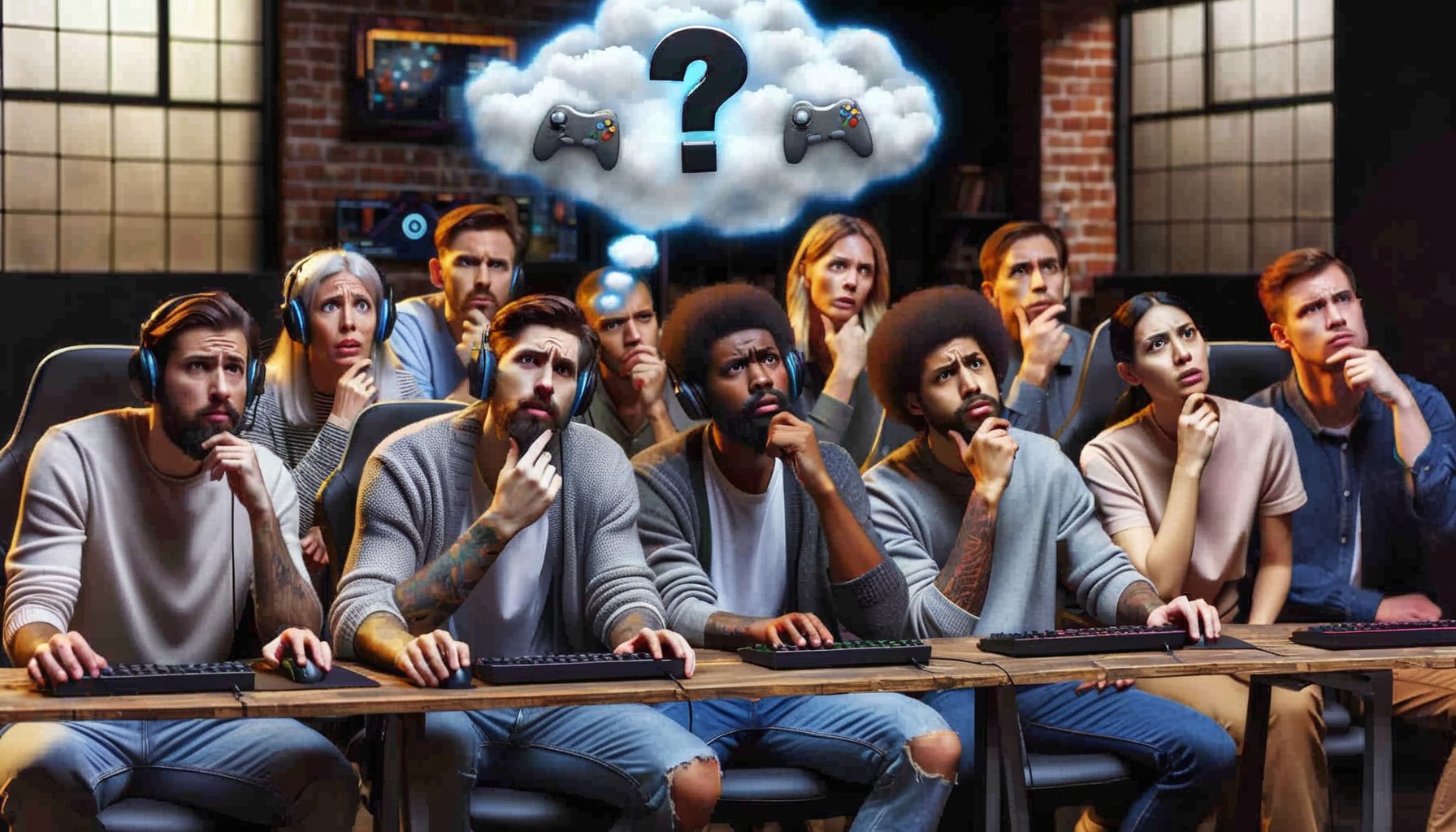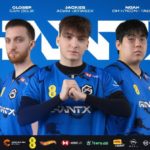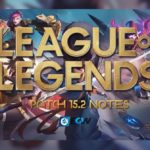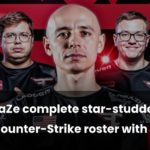Understanding Overwatch Terminology: A Guide for Beginners
Overwatch, Blizzard’s popular team-based shooter, has a rich and complex ecosystem, complete with its own unique terminology. For new players, navigating this linguistic landscape can be daunting. Here’s a simplified and expanded guide to help you understand the key terms and slang used in Overwatch.
Basic Terms
Roles and Compositions
- 2/2/2: This composition includes 2 heroes from each role: 2 Damage, 2 Tanks, and 2 Healers. It is a balanced team setup that ensures a well-rounded strategy.
Health and Status
- 1 Hit: Refers to a hero being very low in health, just one hit away from death. For example, “Roadhog 1” means Roadhog is one hit away from dying.
- Low: Indicates that a hero is low in health. This can also be referred to as “Lit”.
Game Phases
- OT (Overtime): Short for Overtime, which occurs when the match extends beyond the regular time due to the payload or capture point being contested at the end of the match.
Hero-Specific Terms
Abilities and Ultimates
- Ult (Ultimate): Refers to a hero’s ultimate ability, which is a powerful ability that can turn the tide of a battle.
- Ult-Combo: When two or more ultimates are used in combination to achieve a significant advantage. Also known as “Combo” or “Wombo-Combo”.
Hero Roles and Playstyles
- Main (OTP – One-Trick-Pony): A player who primarily or exclusively plays one hero. This term is often used to describe players who specialize in a single character.
- Off-Healer: Supports with lower healing output but more utility, such as Moira or Lucio.
- Off-Tank: Tanks that offer more utility and damage, such as D.va, Zarya, or Roadhog.
Map and Positioning Terms
Map Callouts
- Callouts: Informing your team about enemy positions, health, or other critical information. This can also be referred to as “Shotcalling”.
Positioning and Movement
- Kite: The act of changing positions to avoid incoming damage or ultimates. This is a crucial skill for heroes who need to stay mobile to survive.
- Overextending: Moving too far forward while pushing the enemy, resulting in being out of position and highly vulnerable to counterattacks.
Team Strategies and Tactics
Team Compositions
- GOATS Comp: A composition made famous by the Overwatch Contenders team “GOATS,” consisting of Reinhardt, D.va, Zarya, Moira, Lucio, and Brigitte. This setup emphasizes close-quarters fighting and fast movement.
- Death Ball: A type of team composition, often using a Quad Tank setup with heroes like Moira (or Ana) and Lucio for speed and AoE heals. This composition focuses on fast movement and close-quarters combat.
Coordinated Actions
- Grav-Dragon: The combined use of Zarya’s Graviton Surge and Hanzo’s Dragonstrike ultimates, creating a powerful and often devastating combination.
- Target Focus: When the team concentrates their damage on a single target to take them down quickly. This is often called out by team leaders to coordinate attacks.
Common Actions and Mistakes
Game Impact
- Throwing: The act of intentionally losing a game, also known as “gameplay sabotage.” This is against the game’s code of conduct and can result in penalties.
- Leaver: Someone who leaves a match early, which can negatively impact the team’s chances of winning.
Player Performance
- Clapped: When a player is outplayed, often resulting in their character being eliminated quickly.
- Pop-Off: When a player performs exceptionally well, often after a successful ultimate or a series of impressive plays.
Miscellaneous Terms
General Gameplay
- LOS (Line-Of-Sight): A long line of unobscured vision, necessary for some abilities to be effective. For example, Lucio’s Sound Barrier ultimate requires players to be within its LOS and AoE.
- Zoning: When a player or team denies the enemy access to certain areas of the map, effectively controlling territory and limiting enemy movement.
Map Types
- KOTH (King of the Hill): Refers to Control maps, such as Ilios and Lijiang Tower, where teams compete to control a central point.
By understanding these terms, new players can better communicate with their team, execute strategies more effectively, and enhance their overall Overwatch experience. Mastering the language of Overwatch is a key step in becoming a skilled player and contributing to your team’s success.






